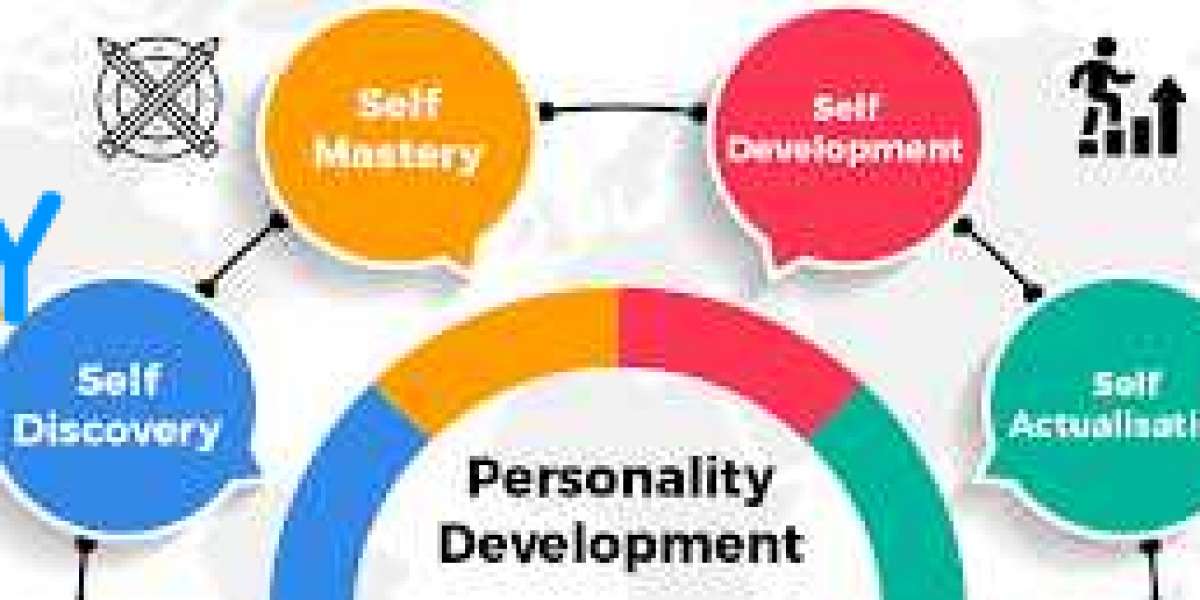What Is Effective Communication?
Effective communication refers to the ability to convey information, ideas, thoughts, and feelings clearly and accurately to others in a way that is easily understood. It involves the exchange of information between individuals or groups through various channels such as verbal, nonverbal, written, or visual means.
Key elements of effective communication include:
Clarity: The message should be clear, concise, and easily understandable to the intended audience. Avoiding jargon or complex language helps ensure clarity.
Active Listening: Effective communication is a two-way process. Active listening involves paying full attention to the speaker, understanding their perspective, and providing appropriate feedback or response.
Nonverbal Communication: Nonverbal cues, such as facial expressions, body language, gestures, and tone of voice, can greatly impact communication. Being aware of and using these cues effectively enhances the message being conveyed.
Empathy: Understanding and considering the emotions, thoughts, and experiences of the other person fosters effective communication. Empathy helps create a connection and promotes mutual understanding.
Feedback: Providing and receiving feedback is crucial for effective communication. It allows for clarification, ensures understanding, and helps address any misunderstandings or misinterpretations.
Respect: Respecting others' opinions, ideas, and perspectives is essential for effective communication. It encourages open dialogue, collaboration, and a positive communication environment.
Adaptability: Adapting communication style and approach based on the needs, preferences, and cultural background of the audience promotes effective communication. Flexibility ensures the message is received and understood in the intended manner.
Clear Purpose: Having a clear objective or purpose for the communication helps in structuring the message and ensuring that it aligns with the desired outcome.
Benefits of effective communication
Effective communication offers numerous benefits in various aspects of life, both personal and professional. Here are some key benefits:
Building Strong Relationships: Effective communication fosters understanding, trust, and respect, leading to stronger relationships with family, friends, colleagues, and acquaintances. It promotes healthy and open interaction, reduces conflicts, and strengthens emotional connections.
Improved Professional Performance: In the workplace, effective communication enhances productivity, efficiency, and teamwork. Clear communication ensures that tasks and responsibilities are understood, goals are aligned, and feedback is given and received constructively. It also facilitates effective problem-solving and decision-making.
Enhanced Leadership Skills: Effective communication is a fundamental attribute of effective leadership. Leaders who can communicate clearly and inspire others with their vision, values, and instructions can motivate and guide their team effectively. It promotes employee engagement, boosts morale, and contributes to a positive work culture.
Conflict Resolution: Clear and open communication plays a vital role in resolving conflicts and preventing misunderstandings. When individuals can express their concerns, listen actively, and seek mutual understanding, conflicts can be addressed and resolved in a respectful and constructive manner.
Increased Productivity: Effective communication streamlines workflows, reduces errors, and minimizes misunderstandings or delays. It ensures that information is conveyed accurately and efficiently, enabling individuals and teams to work more productively and achieve their goals effectively.
Personal Development: Effective communication skills contribute to personal growth and development. By expressing oneself confidently, articulating thoughts and ideas clearly, and actively listening to others, individuals can enhance their self-esteem, assertiveness, and overall communication abilities. These skills can benefit personal relationships, networking, and various social situations.
How to improve your communication skills
Improving communication skills is a valuable endeavor that can benefit both personal and professional interactions. Here are some tips to enhance your communication skills:
Active Listening: Practice active listening by giving your full attention to the speaker, maintaining eye contact, and avoiding distractions. Show interest through nodding, acknowledging, and asking relevant questions. This helps you understand the speaker's perspective and respond appropriately.
Enhance Nonverbal Communication: Pay attention to your nonverbal cues, such as facial expressions, body language, and tone of voice. Maintain an open posture, use gestures purposefully, and modulate your voice to convey your message effectively. Be mindful of the nonverbal signals you receive from others and respond accordingly.
Clear and Concise Expression: Strive for clarity and conciseness when expressing your thoughts or ideas. Organize your thoughts before speaking, use simple and precise language, and avoid unnecessary jargon or complex terms. Consider the context and the knowledge level of your audience to tailor your message accordingly.
Empathy and Understanding: Develop empathy and understanding towards others. Put yourself in their shoes, consider their perspective, and respond in a respectful and empathetic manner. This helps create a positive and collaborative communication environment.
Practice Effective Feedback: Provide constructive feedback when necessary, focusing on specific behaviors or actions rather than criticizing the person. Use a balanced approach, highlighting both positive aspects and areas for improvement. Similarly, be open to receiving feedback and respond in a receptive and non-defensive manner.
Clarify and Seek Clarification: If something is unclear or ambiguous, ask for clarification. Likewise, encourage others to seek clarification from you if needed. This ensures that both parties have a clear understanding of the message being conveyed, reducing the likelihood of misunderstandings.
If you required any then visit our website-Personality development course in chandigarh.
Read More Article- Say.




